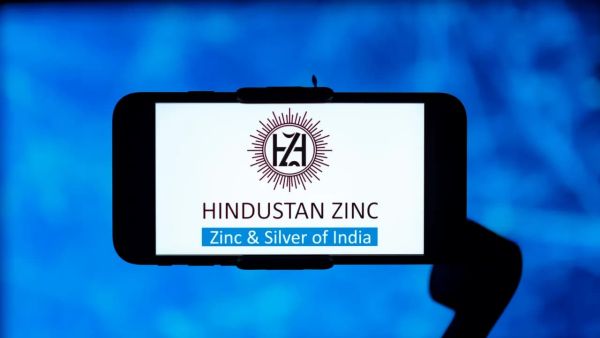

The Indian government is set to open up the nuclear sector to private players in a bid to bring in investments to expand capacity by 2047.
India’s largest refined zinc producer is awaiting government nod to expand into uranium mining.
Hindustan Zinc chief executive Arun Misra told Reuters that the company would be among the first to bid for new uranium blocks when the government opens up the sector to private players.
“We will get into atomic minerals and especially uranium because the country needs it,” Misra said.
Privatization of the Nuclear Sector
In a bid to bolster India’s nuclear capacity, the government is set to allow private participation in mining, importing, and processing uranium. If successful, India’s nuclear sector, which the state has historically run, could bring in billions of dollars of private funding.
This is in line with the government’s target to expand nuclear power production capacity by 12 times by 2047. It is reportedly set to relax requirements to allow foreign players to take a minority stake in power plants. The sector has traditionally been tightly controlled given its strategic and safety sensitivities.
Hindustan Zinc’s Diversification Drive
Beyond uranium, Hindustan Zinc is also diversifying into rare earth minerals. The company recently secured its first block in Uttar Pradesh and has floated global tenders for exploration partners. It expects to begin producing neodymium, a key element for high-performance magnets used in motors and generators, within five to six years, according to reports.
Misra added that the company is exploring opportunities in other critical minerals such as lithium, antimony, germanium, copper, and graphite, and seeking technical partnerships with firms from Australia, South Africa, Peru, Chile, and China to accelerate exploration efforts.
Why Domestic Rare Earth Supply Is Critical?
India imports nearly 90% of its rare earth magnets from China. On April 4, China announced export controls on a broad range of rare earths and related magnets as a response to US President Donald Trump’s broader tariffs on goods. The decision disrupted global supply chains vital to automakers, aerospace firms, semiconductor makers, and military contractors.
Although Beijing lifted the ban on the export of rare earth magnets and minerals to India, New Delhi is keen to become self-reliant in critical minerals.
Setting Up Tailings Reprocessing Plant
According to an official press release on August 18, Hindustan Zinc’s board approved setting up India’s first zinc tailings reprocessing plant in Rajasthan. The new plant will have a capacity of 10 million tonnes per annum (MTPA), and will require up to ₹3,823 crores as capital expenditure.
The plant will help Hindustan Zinc reuse industrial by-products to generate value by recovering metal from the tailing dumps, and improving the overall circular economy.
Hindustan Zinc reiterated its commitment to doubling refined zinc output to 2 million metric tons by 2029.
The stock closed 0.8% higher at ₹429.35 on Tuesday, having gained around 5% over the past six months.
For updates and corrections, email newsroom[at]stocktwits[dot]com<
-
Ajit Agarkar Reveals Jasprit Bumrah's Roadmap After Asia Cup 2025

-
Breaking! BCCI Announces Team India's Squad For ICC Women's World Cup 2025, Harmanpreet Kaur Set To Lead; Shafali Verma Has Been Left Out

-
'Usko Lene Ke Liye Aur Kya Karna Padega?': Netizens In Disbelief As Shreyas Iyer Misses Out On Team India Squad For Asia Cup 2025

-
Coolie vs Saiyaara: Rajinikanth and Lokesh Kanagaraj top Popular Indian Celebrities list on IMDb, dethrone Ahaan Panday and Aneet Padda

-
Deepika Padukone gears up for 100-day shoot in Allu Arjun, Atlee’s AA22 x A6, scheduled to commence in…
